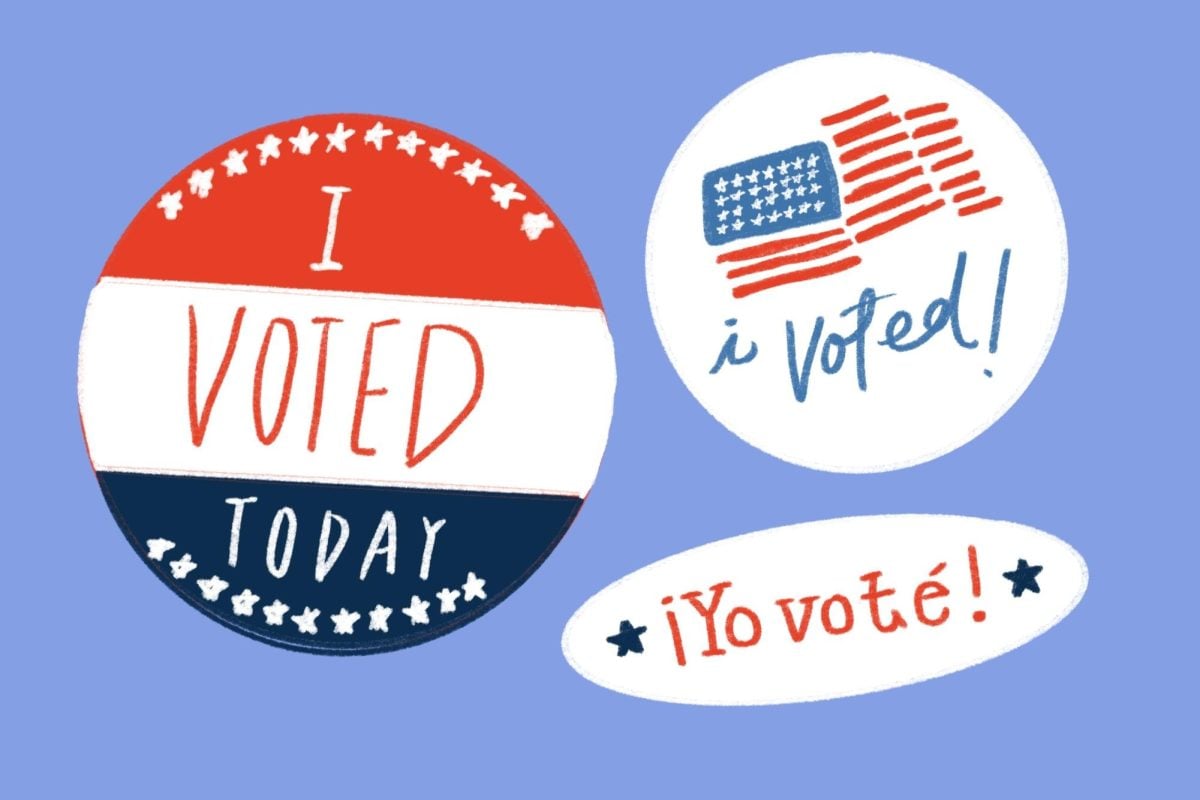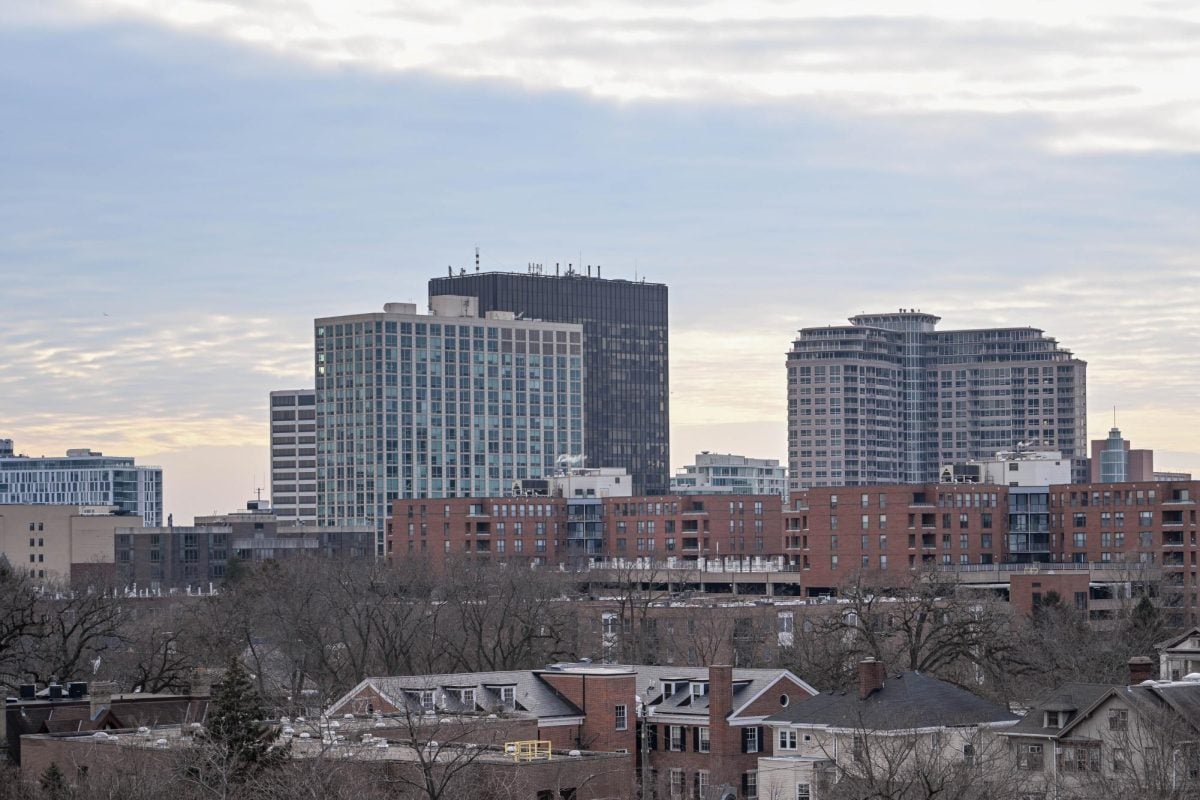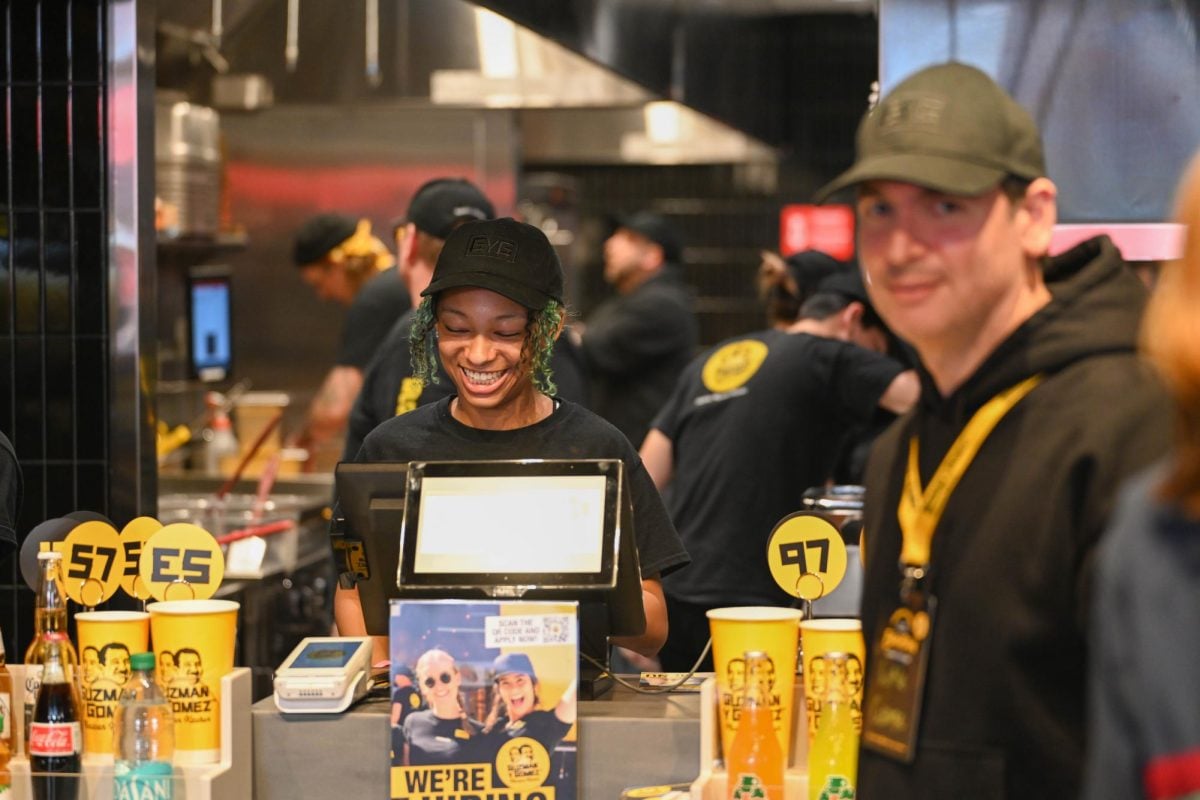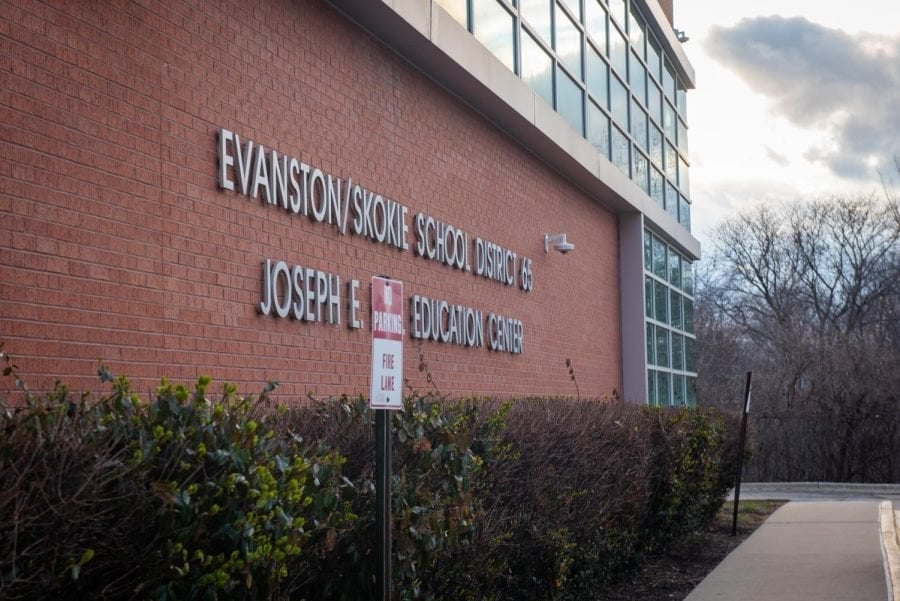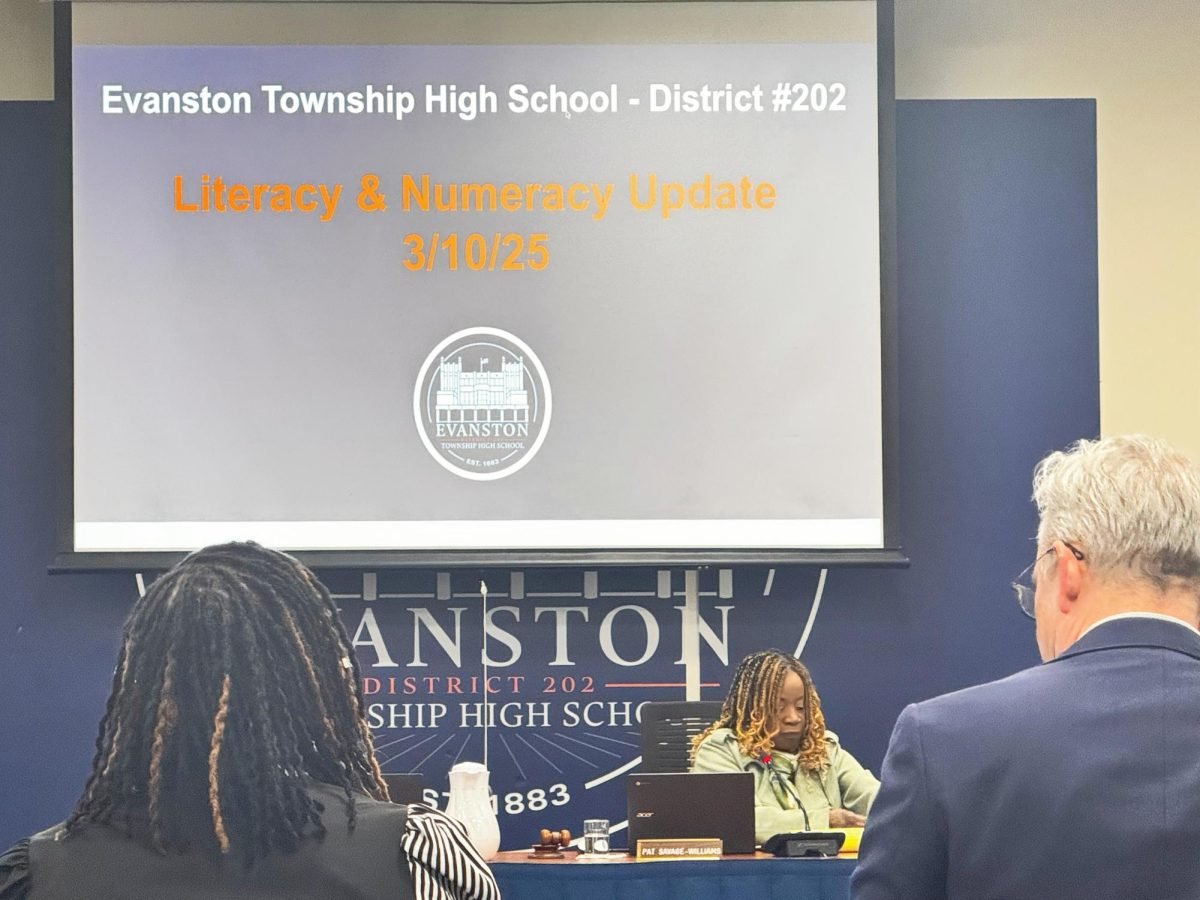The Illinois Youth Town Hall, co-sponsored by the Roosevelt Institute and the Leaders Investing For Equality campaign, attracted about 400 students from Chicago area universities and high schools, including 40 Northwestern students.
Matt Fischler, a Communication senior and policy director for NU’s Roosevelt Institute chapter, helped lead the impetus to attend the youth forum on Sunday.
“One of our successes was just to see how diverse our turnout was,” he said. “You rarely see a room that’s truly diverse, and they all wanted to be at this forum on a Sunday talking about youth issues.”
Students, as well as some local politicians and policymakers, traveled to Walter H. Dyett High School, 555 E. 51st St., for the event, which addressed the ties between education, employment and youth violence.
“The goal of the whole town hall was to get testimonials from actual youth about how violence has affected their communities and their home lives, how the lack of meaningful employment has limited their access to opportunity,” Fischler said.
Fischler and two high school students acted as emcees at the forum, which featured six student testimonials, speeches from elected officials and a question-and-answer session.Alexi Giannoulias, Illinois state treasurer and U.S. Senate hopeful, was one of the politicians on hand.
Fischler said both State Sen. Mattie Hunter (D-3rd) and State Rep. Esther Golar (D-6th) said they would attend but did not show up.
Students presented policy ideas, including one about ensuring the future of Illinois’ Monetary Awards Program grants, Fischler said.
“It was mobilizing because the way we ended the forum was with actions to take,” he said. “This was just the beginning of a conversation.”
Will Bloom, a Weinberg freshman and member of NU’s Roosevelt Institute, said he got involved with the organization after participating in the Freshman Urban Program before Wildcat Welcome.
“A lot of what FUP was was talking about the problems that are facing Chicago,” Bloom said.
He said Fischler, who was an adviser for the program, told him getting involved with Roosevelt Institute would be a good way to remain involved in changing local policy.
“Since I got to Northwestern I’ve been a lot more active than I had been in high school,” Bloom said. “Being there today really makes me feel like I’m making the right choices to be involved here.”
Elianne Farhat, a community organizer for Albany Park Neighborhood Council, one of the organizations at the forum, said education and employment opportunities are some of the most effective factors in reducing youth violence.
“You have gangs trolling around middle schools when schools get out to recruit,” Farhat said. “That’s where they most easily get sucked into gangs, in junior high school. We try to create teen centers and community schools, open up our schools as places where students can come early and stay late and build positive developmental programs for young people to participate in.”
Bloom said his area of focus was education.
“(Education) can be the silver bullet – the key – to a successful and safe community,” he said.a.elkin@u.northwestern.edu
